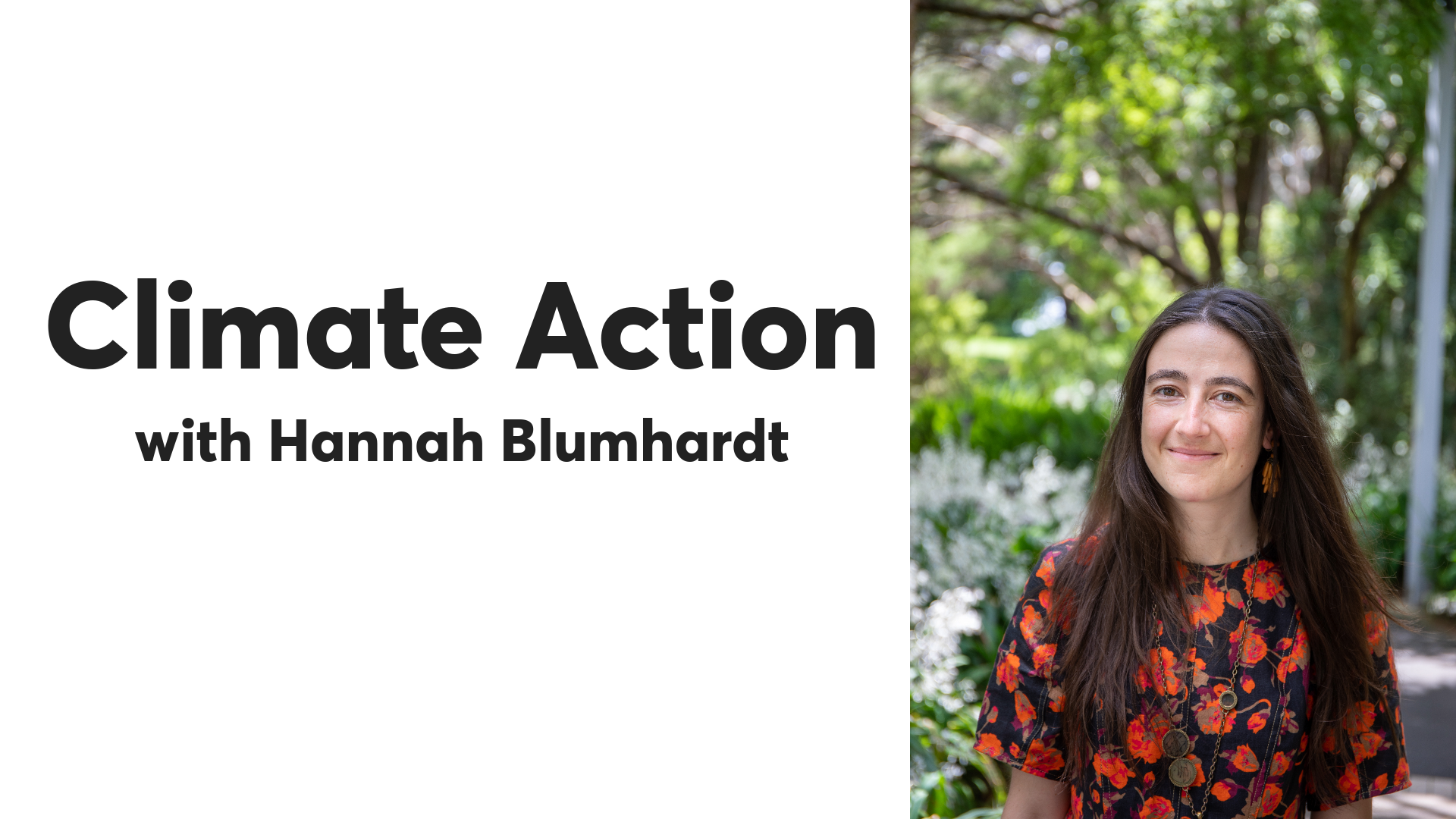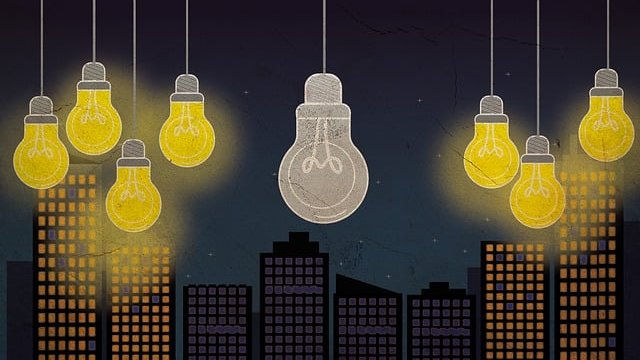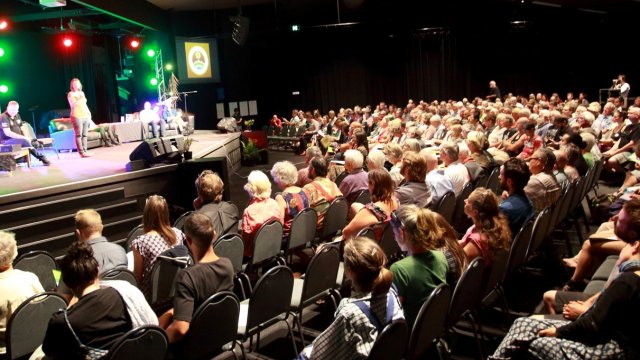Waste not, want less
18/08/2023 2:52pm
As part of our series on climate change, we chat to Hannah Blumhardt, Reuse Aotearoa Co-Founder and Lead Researcher, about the connection between how we make waste and how making products accounts for 45% of our total greenhouse gas emissions.
Reuse Aotearoa is an independent organisation looking at evidence-based solutions to help us move away from our ‘take, make, waste’ culture towards reuse.
Q: What do you mean by a ‘take, make, waste’ culture?
Hannah Blumhardt (HB): Everything we have in our lives is made from resources taken from our planet. Right now, we're using resources really quickly because products aren't designed to last or because they are only designed to be used once (like single-use packaging). Because we aren't doing a good job of keeping the materials and products that we have already cycling around the economy, we have to keep extracting more resources from Earth to make more stuff. This is our take, make, waste culture, which turns our planet into a giant assembly line for our stuff. To get away from this we need to design packaging for reuse, rather than moving to other single use alternatives such as paper or compostables. It’s a big opportunity for system change for businesses and consumers alike.
Q: So what’s the answer?
HB: We need to design packaging so it can be reused and refilled over and over again, making reuse an everyday thing. That means systems for collecting, sorting and washing containers so they can be returned to producers. A local example is Oaklands with their reusable milk bottles – they’re a leader for reusable packaging systems with their washable bottles and their kegs in vending machines. For hospo outlets, a brave choice is to give up on single-use altogether and go reusable only – for example La Planta coffee cart in Nelson. Supporting reusable service ware for food and drink at public events through things like wash trailers is another great option.
Q: As individuals, what should we be thinking about?
HB: Any reuse system is only as good as the people who use it. We as individuals have a part to play, whether it’s adding our customer voice to the conversation, choosing to support the businesses and organisations who are already offering reusable packaging systems for their communities, or bringing our own cups and containers to encourage cafes to reuse. Customer support matters to encourage businesses to try out and keep offering reuse, so we actually have the option of giving up single-use if we want to.
Q: Thanks so much for sharing your thoughts and ideas – any final comments for our readers?
HB: Reuse not only reduces waste and plastic usage, but also supports the big picture of how both consumers and industry can support greenhouse gas reduction. By transitioning to new systems, vendors can support their customers and their own business, in a way that’s friendly to the climate. Reuse is a solution to plastic pollution in the environment, climate change and waste all in one.




